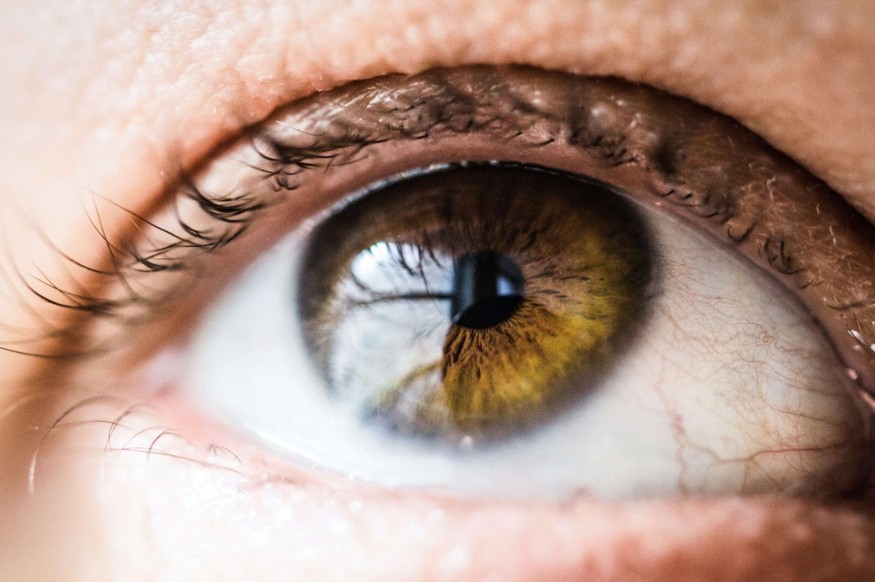It is easy to spot someone who lacks sleep because they tend to have dark circles, puffy eyes, and drooping eyelids. However, sleep deprivation affects more than just appearance as it also affects mood, motivation, memory, metabolism, and general health.
Studies have shown that lack of sleep can affect eye health too, resulting in red, dry eyes the next morning. Scientists explain that sleep deprivation could change the tear film and trigger the over-proliferation of cells in the cornea, Nature reported.

How Sleep Deprivation Affects the Eyes
The eyes heal themselves during sleep much like the brain and the body. Not getting enough sleep causes the eyes to become dry, itchy, or bloodshot. Due to the production of fewer tears after a night of insufficient sleep, the eyes become more prone to infection.
According to Essilor, the eyes constantly need a supply of tears for an optimum function, so it is important to regularly blink. However, insomnia and sleep deprivation prevent the eyes from getting the normal fluid circulation they need to clean and renew the eyes.
That means, staying awake for an abnormal amount of time works against eye health. Sleepy eyes are usually dry eyes, hence why they are often red and itchy.
But another eye condition that results from sleep deprivation is eye spasms, also known as myokymia. It is the involuntary eye twitching that can be uncomfortable and distracting.
Adequate sleep and rest will help eye muscles return to their normal form and stop the twitching.
Lastly, the popped eye vessels due to lack of sleep is at an even higher level on the trouble scale caused by lack of sleep. Although they are not usually painful, the bloodshot eye is not one the most people love.
Sleep Deprivation Causes Cells to Over-Proliferate in the Cornea
A paper published in Investigative Ophthalmology and Visual Science suggests that sleep deprivation disturbs tear film. Researchers studied 20 subjects with no ocular disease and divided them into two groups. One group was subjected to lack of sleep, while the other are in the control group.
The team evaluated the participants' ocular surface and tear film to see if there were differences. The tear film is a mixture of various compounds covering the ocular surface. They found that sleep deprivation does reduce tear film secretion that triggers the development of ocular surface diseases, which means lack of sleep exacerbates symptoms in patients with ocular surface diseases.
In a similar study in 2018, researchers also found that epithelial cells over-proliferate in the cornea and decrease tear production in mice. The researchers concluded that sleep deprivation induces dry eyes through abnormal superficial corneal epithelial cells (SCECs) microvilli morphology.
Read also: Staring Too Long at a Screen Leads To Dry Eye Syndrome: Experts Discuss Causes, Symptoms, Treatment
Check out more news and information on Eye Health in Science Times.
© 2026 ScienceTimes.com All rights reserved. Do not reproduce without permission. The window to the world of Science Times.











